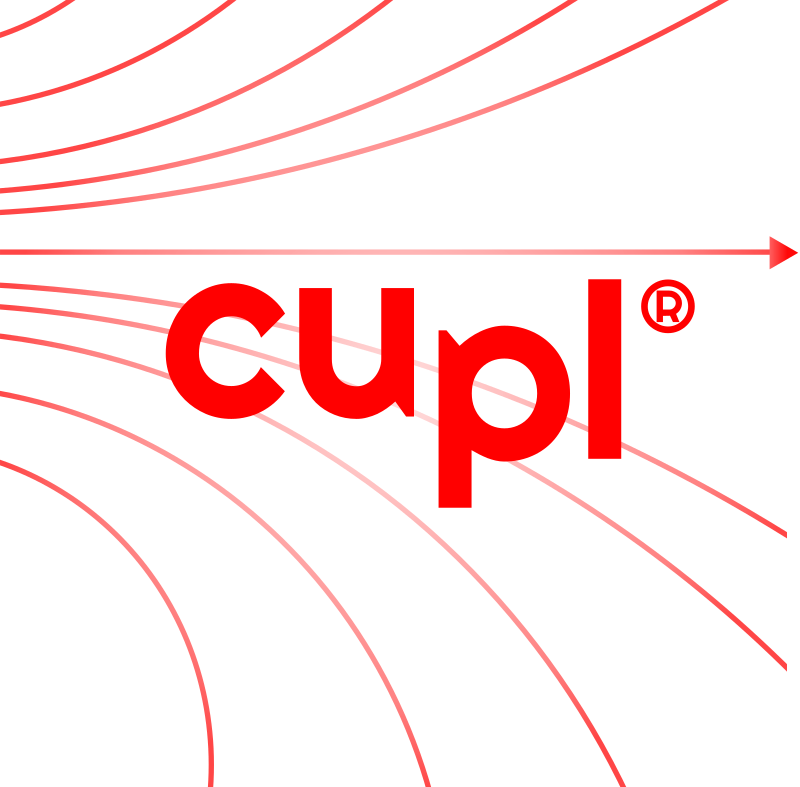
E-Waste is the fastest growing waste stream in the world. 53 million tonnes are produced each year, the equivalent weight of 350 cruise ships’ worth of electronics.
https://repair.eu/
Not a Single-Use Product
Too many devices have been bricked by planned obsolescence or a manufacturer going bust. Hardware is increasingly reliant on web services. When the latter goes offline, perfectly functional hardware is scrapped. This is unacceptable.
The cuplTag is designed for mass-production. It will be made in large volumes at low cost. We are responsible for creating a product that is re-used, rather than re-made, wherever possible.
Our NFC sensors are:
- Reconfigurable over NFC; not tethered to one web application at a fixed URL.
- Open-source with reciprocal licences to prevent vendor lock-in.
- Low-power taking several years to consume one coin-cell battery.
The company objective is to make a profit from an environmentally-friendly environmental sensor.
Open as Standard
Standardisation leads to interoperability between electronic products and a reduction in waste. It simplifies life and reduces costs for everyone.
Before the requirement to standardise on USB, every mobile phone was supplied with its own cable.
cupl is positioned to be the standard for NFC sensors. It is in the nature of open-source for forks (derivatives) to be made. Our subprojects are licenced under GPL to preserve fairness. Modifications must be available to all, on the same terms as the original. There can be no standard if closed-source forks are allowed.
Standards are made when stakeholders agree to work together. In the past, large companies have co-operated as part of alliances or special interest groups. In this guise, businesses have agreed to cross-licence their IP for shared benefit.
GPL is an alternative mechanism. It allows for work to be shared between developers big and small. This model already works well. 75% of Linux kernel developers are funded by private sector companies such as Microsoft and RedHat.
